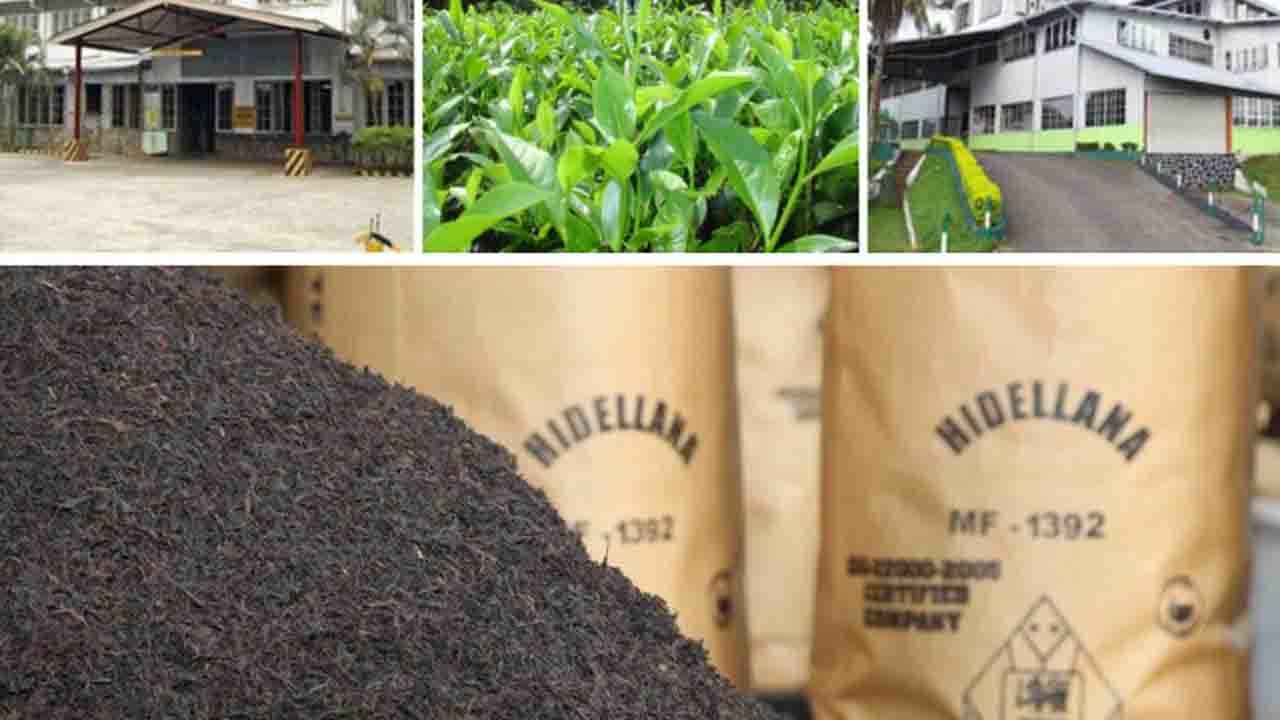Sri Lanka is one of the world’s leading tea producers, and the industry is worth billions of dollars to the country’s economy. However, the tea industry is facing a number of challenges, including rising labor costs and climate change. In order to remain competitive, tea estates in Sri Lanka are increasingly turning to automation.
One of the most significant challenges facing the tea industry is rising labor costs. The average wage for a tea picker in Sri Lanka is around $1 per day, and this has been rising steadily in recent years. This is putting a strain on the profitability of tea estates, and it is making it difficult to attract and retain workers.
Another challenge facing the tea industry is climate change. Climate change is causing more extreme weather events, such as droughts and floods. This is making it difficult to grow tea, and it is also damaging tea plantations.
In order to address these challenges, tea estates in Sri Lanka are increasingly turning to automation. Automation can help to reduce labor costs, and it can also help to improve the quality of tea production. For example, automated tea pluckers can pick tea leaves more efficiently than human pickers, and they can also pick the leaves at the optimum time.
One of the leading companies in the field of tea automation is AVT Global. AVT Global has developed a range of automated tea machines, including tea pluckers, tea driers, and tea packers. These machines are helping tea estates in Sri Lanka to improve their productivity and efficiency.
Another company that is leading the way in tea automation is Talwalkar Tea Machinery. Talwalkar Tea Machinery has developed a range of automated tea machines, including tea stemmers, tea rollers, and tea sorters. These machines are helping tea estates in Sri Lanka to produce higher-quality tea.
The adoption of automation in the tea industry is still in its early stages, but it is growing rapidly. As the cost of automation continues to fall, and as the benefits of automation become more apparent, it is likely that more and more tea estates in Sri Lanka will adopt automation.
Benefits of Automation
There are a number of benefits to automating tea production.
These benefits include:
- Reduced labor costs: Automation can help to reduce labor costs by automating tasks that are currently performed by humans.
- Improved quality: Automation can help to improve the quality of tea production by ensuring that the leaves are picked at the optimum time and processed in a consistent manner.
- Increased productivity: Automation can help to increase productivity by reducing the amount of time and effort required to produce tea.
- Improved safety: Automation can help to improve safety by reducing the risk of accidents and injuries.
Challenges of Automation
There are also a number of challenges to automating tea production. These challenges include:
High upfront costs: The upfront costs of automation can be high, which can make it difficult for smaller tea estates to adopt automation.
Technical expertise: Automation requires technical expertise, which can be difficult to find in some areas.
Resistance to change: Some tea estate owners may be resistant to change, and they may be reluctant to adopt automation. The tea industry in Sri Lanka is facing a number of challenges, but automation is one way that the industry can address these challenges. Automation can help to reduce labor costs, improve the quality of tea production, and increase productivity. However, there are also a number of challenges to automation, such as high upfront costs and technical expertise. Despite these challenges, automation is likely to play an increasingly important role in the tea industry in Sri Lanka.








